
Tony Silver and Henry Chalfant’s PBS documentary tracks the rise and fall of subway graffiti in New York in the late 1970s and early 1980s.
You May Also Like

Angola Do You Hear Us? Voices from a Plantation Prison gives us a window into playwright Liza Jessie Petersonandapos;s performance in 2020 of her acclaimed play The Peculiar Patriot performed at Angola, the Louisiana State Penitentiary, …

Florence Foster Jenkins is known as “the worst singer of all times” and yet she is a cult figure whose recordings still outsell many contemporary singers. Opera superstar Joyce DiDonato interprets the flamboyant “queen of dissonance”. The involvement of the celebrated virtuoso makes it possible to contrast two different musical perspectives and gives viewers a vivid impression of the film’s key conflict between inner delusion and external reality.
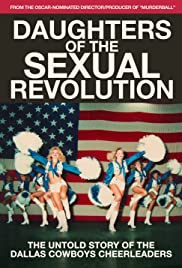
Daughters of the Sexual Revolution is the never-before-told story of Suzanne Mitchell, the fiercely-loyal den mother of the original Dallas Cowboys Cheerleaders.

A documentary that collects the diverse voices of the lesbian community in Catalonia. A genealogy which comprehends four generations, and a very intimate journey through intertwining lives, allowing us to understand what is it like to exist within a world made of heterosexual structures whilst belonging to the LGBTIQ+ collective. Otherness is an emotional and contemporary material bringing to the screen other possible lives we might never have thought of.
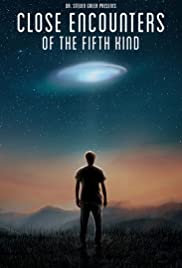
Dr. Steven Greer’s previous works, SIRIUS and UNACKNOWLEDGED, broke crowdfunding records and ignited a grassroots movement. CLOSE ENCOUNTERS OF THE FIFTH KIND features groundbreaking video and photographic evidence and supporting interviews from prominent figures such as Adam Curry of Princeton’s PEAR Lab; legendary civil rights attorney Daniel Sheehan, and Dr. Russell Targ, who headed the CIA’s top secret remote viewing program. Their message: For thousands of people, contact has begun. This is their story.

An in-depth analysis on the 40th Anniversary of the life and untimely death of Arthur Lee McDuffie at the hands of Miami Dade police officers.
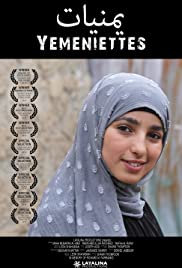
Three Yemeni teenage girls enter an entrepreneurship competition but along the way encounter the hardships of a country marked by a broken educational system, joblessness and a threatening Al-Qaeda presence.

How do seven young people, former street children from Romania, get to see the Pacific Ocean? On 1 December 2008, a Romanian national team participates for the first time in the Homeless World Cup in Melbourne, Australia. The film follows the team from the formation of the squad to the end of the championship. The young people are from Timisoara and Arad, runaway children who now live in abandoned houses or who have managed to get a job and live in rented accommodation after going through orphanages or prisons. After taking a beating from many teams, the young Romanians manage to beat the USA. They are happy. They are all thinking of never going “home” again. It’s warm and nice here, the people are nice. “In case I stay, I kissed you all!” says one of them cautiously. But after taking pictures of themselves on the beach with the ocean behind them and beautiful girls by their side, the seven return to Romania and get on with their lives.
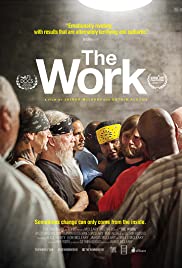
Set entirely inside Folsom Prison, The Work follows three men during four days of intensive group therapy with convicts, revealing an intimate and powerful portrait of authentic human transformation that transcends what we think of as rehabilitation.

In the Greenland ice sheet we can see our future. The film travels with three pioneering glaciologist on their expeditions INTO the inland ice of Greenland. Top-notch science meets breathtaking visuals when one of them descends into a 200 meter deep moulin hole to find out about the bottom of the ice sheet. What they find may sound the alarm for our planet’s climate and is a clear call to act now.
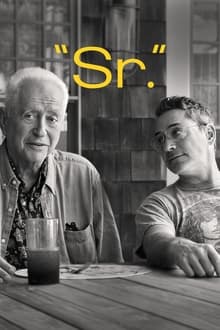
A portrait of the life and career of Robert Downey Sr. (1936-2021), the visionary and fearless US filmmaker — father of actor Robert Downey Jr. — who in the sixties and seventies laid the foundations for countercultural comedy.